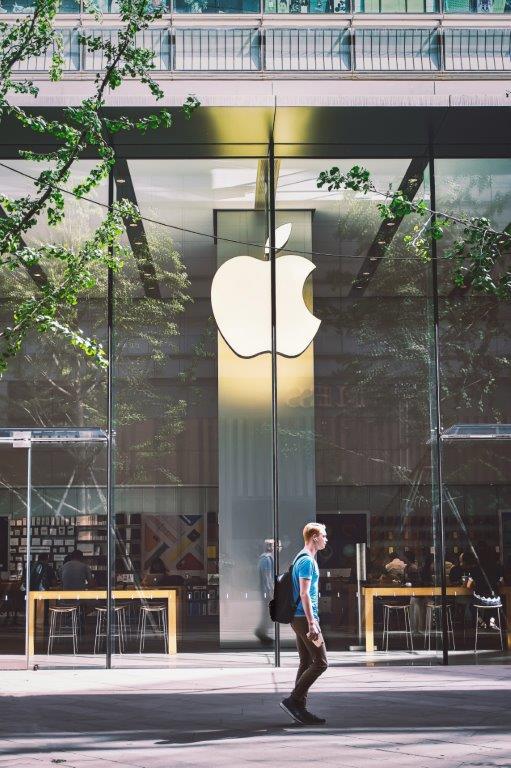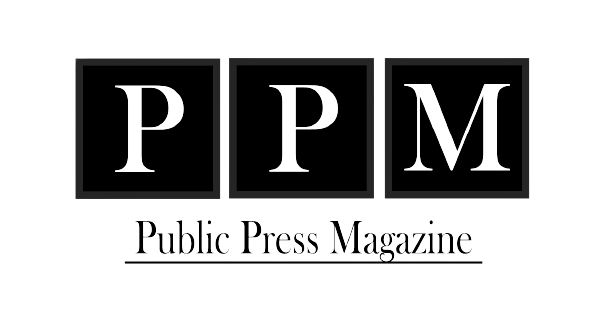Table of Contents

On Thursday, the US Department of Justice filed a claim against Apple, affirming that the tech giant has unlawfully monopolized smartphone advertising, driving higher costs for shoppers and smothering competition. The lawsuit, backed by numerous US states, denounces Apple for keeping up its dominance by making it troublesome for customers to switch to cheaper smartphones and other gadgets, subsequently raking in enormous benefits.
Background of the Lawsuit
The claim against Apple is a huge deal within the ongoing story of the US government keeping an eye on huge tech companies. Rather like Amazon, Google, and Meta (formerly Facebook), Apple is now being looked at closely by government controllers. Since it began with Steve Jobs in 1976, Apple has yet to deal with some issues from the US government. But now, things are changing. This lawsuit appears that the government is considering Apple’s trade practices more and wants to ensure they’re fair.
For a long time, Apple has been a huge player in the tech world without much obstruction. But now, concerns about how much control they have over the advertising, how much choice buyers have, and how much competition there is have caught the government’s attention. With this claim, the US government must address these worries and ensure more competition within the tech industry. Usually, it is a signal to Apple and other huge tech companies that they can’t just do anything they need anymore—they ought to follow the rules and make doubt that advertising is reasonable for everybody.
Allegations Against Apple
The lawsuit against Apple denounces the company of utilizing unjustifiable strategies to keep its clients locked into its ecosystem and constrain them from purchasing its costly products, such as the iPhone. Attorney General Merrick Garland emphasized that companies shouldn’t be permitted to break antitrust laws and make customers pay more money. If Apple proceeds with these hones unchecked, it could become more prevalent within the smartphone showcase, which wouldn’t be reasonable to customers or other companies attempting to compete.
The allegations propose that Apple’s actions harm competition and lead to higher buyer costs. Apple allegedly maintains its monopoly power by forcing strict conditions on developers, restricting client choice, and preventing elective items from picking up footing within the advertisement. Attorney General Garland’s warning underscores the significance of addressing these issues to guarantee a level playing field and protect customers from anti-competitive practices.
Apple’s Response
Apple strongly denied the allegations against it in reaction to the lawsuit about monopolizing the smartphone market. The company firmly expressed that it accepts the claims in the lawsuit as not genuine, saying they are based on inaccurate data and errors of the law. Apple also made it clear that it plans to battle the claim enthusiastically, appearing to guard its hones and notoriety against what it sees as unjustifiable affirmations. Apple is sure of the lawfulness and decency of its commerce, particularly concerning its part within the smartphone industry.
Furthermore, Apple warned about the potential results if the lawsuit succeeds. The company worries that if the government wins, it might set a point of reference that permits too many obstructions from controllers in how innovation companies create and plan their items. It highlights Apple’s commitment to maintaining its freedom and capacity to improve, pushing for an adjustment between government oversight and industry advancement. Despite Apple’s position, the Department of Justice maintains that Apple’s actions have hurt customers, engineers, and competition within the advertising, setting the arrangement for a petulant lawful fight with critical suggestions for the long run of innovation control.
Impact on the Smartphone Market
This claim represents a huge step by the government to control enormous tech companies and ensure fair competition. If Apple loses, it will alter how smartphones are sold and controlled in the future. Lately, Apple has been criticized for how it runs its App Store, such as charging fees and controlling which apps can be sold. It has disturbed some developers, like Spotify and Epic Games, who worry that Apple’s rules are making it harder for them to compete. The result of this claim may shake up the smartphone showcase and how the government observes tech companies.
Foreseeable Outcomes and Subsequent Changes
The results of this legal battle will fundamentally alter how the tech world operates within the US. If Apple loses, it might need to change how it runs its App Store and does business. This may mean lowering the expenses it charges app developers or letting them disseminate their apps in numerous ways. It might make the smartphone market more reasonable and competitive, bringing unused and way better apps for us users.
However, Apple has a lot of money and attorneys so this case may go on for a long time. They’ll battle hard to appear that they haven’t done anything wrong. So, we need to hold up before we see any changes. If anything happens, it will be an enormous bargain not only for Apple but for all the other tech companies and, indeed, for the rules that administer how tech works in America.



